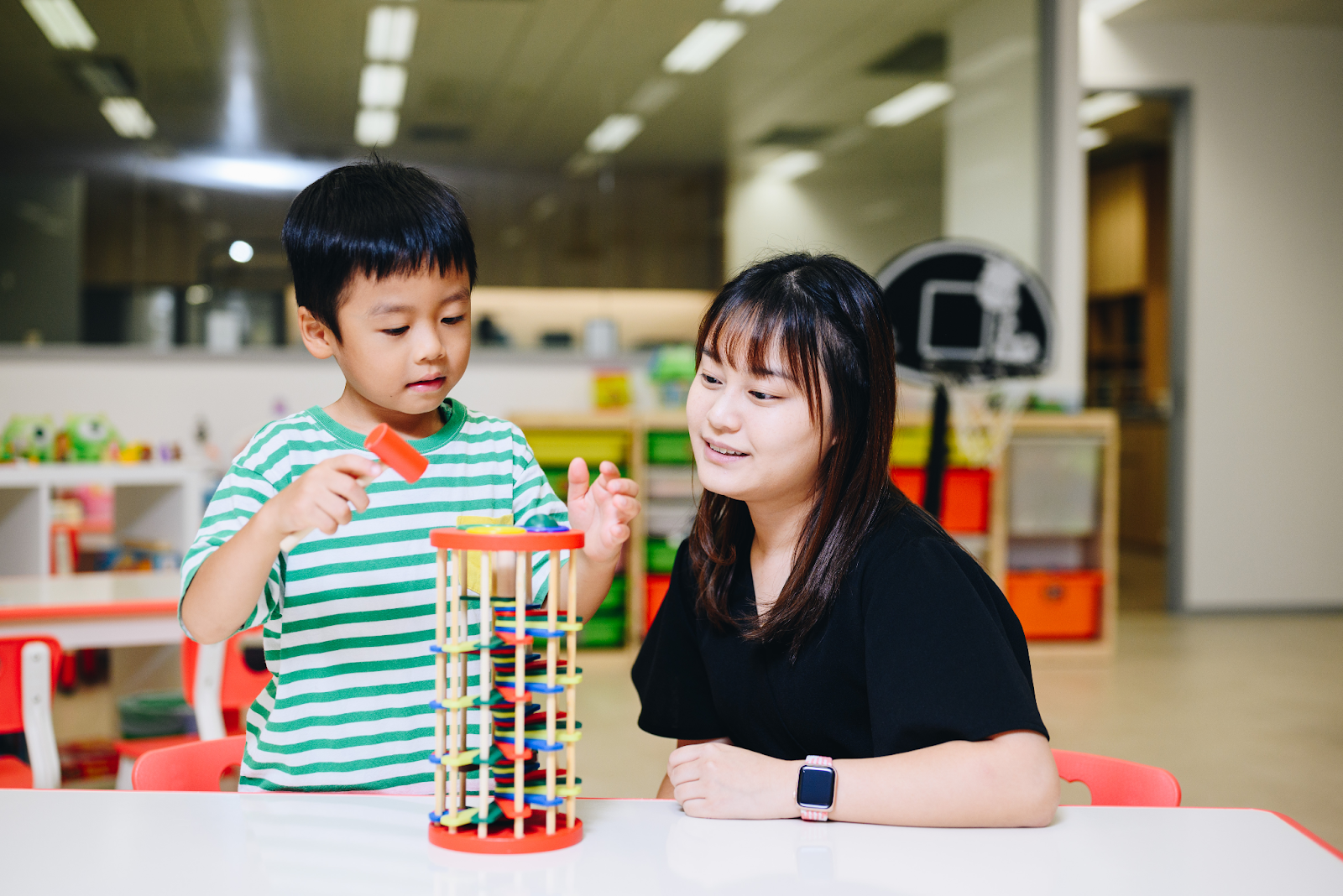Autism Spectrum Disorder (ASD) is a neurodevelopmental disorder marked by difficulties with social interaction, communication, and repetitive activities. While the frequency of autism is largely similar around the world, treatment and intervention approaches might differ greatly based on cultural factors. In Hong Kong, where cultural norms and societal expectations differ from those in Western countries, it is critical to create culturally relevant solutions for people with autism.
Understanding The Cultural Context
Hong Kong is a bustling, heavily populated metropolis with a distinct mix of Eastern and Western influences. Traditional Chinese ideals about collectivism and filial piety influence society views about disabilities. Historically, people with disabilities were frequently stigmatized and marginalized, resulting in limited access to services and support.
Challenges in Autism Therapy
When offering effective therapy for autism in Hong Kong, the cultural milieu provides unique problems. Language problems, a lack of awareness about autism, and stigma surrounding mental health disorders can all impede early detection and care. Furthermore, the typical authoritarian approach to school and healthcare may not be appropriate for the requirements of people with autism, who often thrive in situations that value flexibility and tailored support.
Culturally Responsive Solutions
To solve these issues, it is critical to create culturally responsive solutions that consider the Hong Kong community’s particular requirements and cultural values. Here are a few effective strategies:
Community Engagement and knowledge: Raising public knowledge of autism through community outreach programs, workshops, and educational campaigns can assist to eliminate stigma and promote early diagnosis. Engagement with local communities and stakeholders is critical for increasing acceptance and understanding.
multilingual Resources and Support: Offering multilingual resources and support services in both Chinese and English can help families with autistic children gain better access to information and services. This includes translated instructional materials, online resources, and support groups that meet in local languages.
Adopting a family-centered approach to therapy, which includes parents and caregivers in the intervention process, can be quite helpful. Building trust and rapport with families, giving autism psychoeducation, and teaching practical techniques for handling challenging behaviors can all help families assist their children more effectively.
Collaboration with Schools and Healthcare Providers: Working with schools, healthcare providers, and other professionals involved in the care of autistic people is critical to ensure a coordinated approach to therapy. Training teachers and healthcare personnel in culturally responsive techniques, as well as providing continuing support, can help to improve service quality.
Incorporating Cultural Activities: Including cultural activities, such as traditional Chinese arts and customs, in therapy sessions can make interventions more engaging and relevant to people with autism. Incorporating components of Chinese culture can help people connect with their history and feel a feeling of belonging.
Flexibility and Individualized Support: Recognizing and respecting the different needs and preferences of people with autism is essential for offering effective therapy. Treatment options that are flexible and centered on tailored support can account for variances in communication styles, sensory sensitivities, and learning preferences.
Conclusion
Finally, building culturally relevant solutions for autism therapy in Hong Kong necessitates a thorough awareness of the cultural environment, as well as a dedication to collaboration and innovation. We can improve the effectiveness and accessibility of therapy for people with autism in Hong Kong by collaborating with local communities, offering bilingual assistance, using a family-centered approach, and adding cultural activities. Embracing cultural variety and fostering inclusion are critical elements in creating a more inclusive society in which everyone, regardless of ability, may prosper.
You Should Also Read:
Here at SmallBusinessTheBest, we provide you with free resources and all the help you need to successfully start and run your business. The sky is the limit and we’re here to help you achieve it!















+ There are no comments
Add yours